I invest significant time each week deepening relationships with interesting people and opening my network to new people. Towards the end of a handful of these discussions, I’m asked to describe my ideal client. I appreciate this opportunity and can provide a reasonably specific avatar of the potential client’s functional expertise, industry experience, level of discretionary income, values/motivators, life challenges and personal goals.
But, that is merely table stakes in identifying someone I can truly coach.
I would actually like to assess the person’s “coachability”.
To me, someone is coachable if he or she is willing to have skin in the game, confront fears, be vulnerable, have a bias for action and pure intention.
Skin in the Game
The benefits of change aren’t often understood until after change has occurred. In Retiring the Generation Gap, author Jennifer J. Deal found that disliking change is something persons from all generations have in common. If you’re good at making excuses, postponing tough decisions or rescinding previous agreements, consider investing financially in goal achievement. If the monetary value invested is significant, you’re more likely to focus time on enhancing your skill set.
Confront Fears
When advancing your career, you’re often confronted with experiences that evoke one (sometimes multiple) of four fears – being taken advantage of, social rejection, loss of security or criticism of your work. And, you’ll encounter this fear repeatedly until you find the courage to confront it. Coachability is your ability to be humble and change your heart, not simply your mind, through personal growth. If you find a mentor or community of people who experience similar challenges, you can journey into the unknown together.
Be Vulnerable
In Daring Greatly, author Brene Brown argues that vulnerability is humanity’s most accurate measure of courage. If you’re willing to be vulnerable and share your fears, mistakes, lessons learned, challenges, future goals, etc., it is easier for a coach to connect you to the right influencers, share resources, suggest courses of action or more deeply understand your perspective. Be kind to yourself. Life is a journey that requires letting others into the parts of yourself you’re likely not terribly proud of.
Bias for Action
In working with executives, I’ve seen an almost super-human ability to make difficult decisions, confront underperforming stakeholders and build wildly profitable businesses. When concerning personal growth, these leaders can get caught in the whirlwind of daily life and avoid scheduling time for reflection. You are coachable if you’re willing to absorb the opportunity cost of missed experiences in exchange for meetings with mentors, reflection or concerted effort towards long-term goals. Most human change is precipitated by a crisis, but it doesn’t need to be.
Pure Intention
Drive, by Daniel Pink, completely changed my life. It reminded me that I had a higher purpose than to make money, be powerful, or live within a system. Achieving self actualization or leaving a legacy or becoming societally significant occurs through the service of others. Thinking about your future self, defining your life’s mission and making sacrifices to live that mission is coachability. Without this intention, the coaching process may be difficult for you.
If you desire to live your life’s mission, having skin in the game, confronting your fears, being vulnerable, having a bias for action and operating with pure intention will allow you to remain coachable. It will also accelerate the achievement of your goals and provide for deeper levels of engagement in all facets of your life.
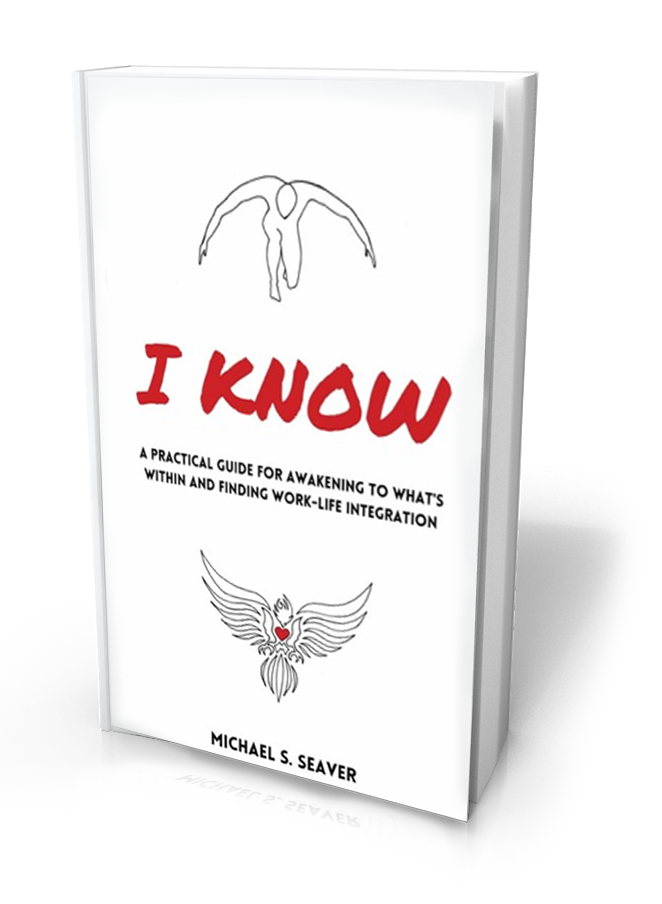

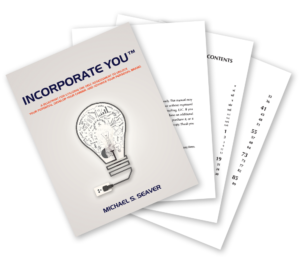
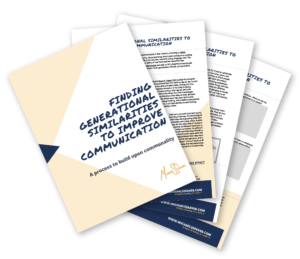
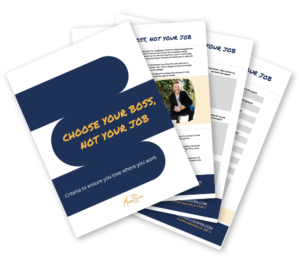
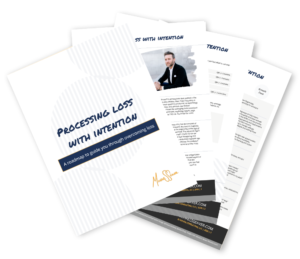
Connect with me